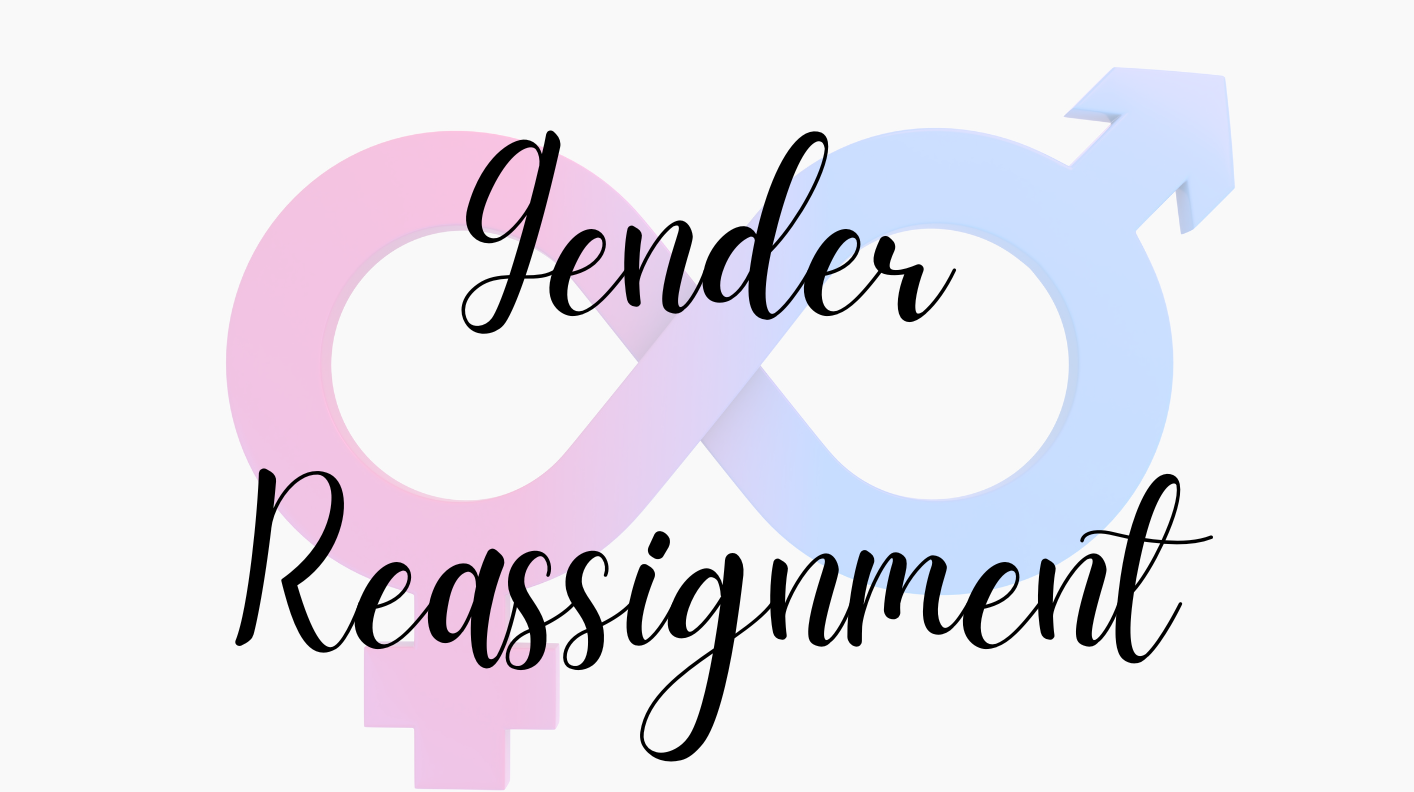Equality and Diversity
5. The Protected Characteristics
5.3. Gender Reassignment

The term 'Trans' is often used as an umbrella term for people whose gender identity and/or gender expression differs from their birth sex, including transsexual people (those who intend to undergo, are undergoing or have undergone a process of gender reassignment to live permanently in their acquired gender) androgyne/polygender people (those who have non‐binary gender identities and do not identify as male or female), and others who define as gender variant.
The Gender Recognition Act 2004 gives Trans people full legal recognition of change of gender. It enables them to live in their chosen gender and to apply for legal recognition of that gender. It also allows for a Trans person who has lived in their self‐identified gender for at least 2 years, and who has a diagnosis of gender dysphoria (transsexualism), to obtain legal recognition of their gender for all purposes.
The Equality Act 2010 now imposes a duty on all public bodies to eliminate unlawful discrimination and promote equality of opportunity with regard to those who intend to undergo, are undergoing or have undergone a process of gender reassignment.
(Blackpool Council, 2024)